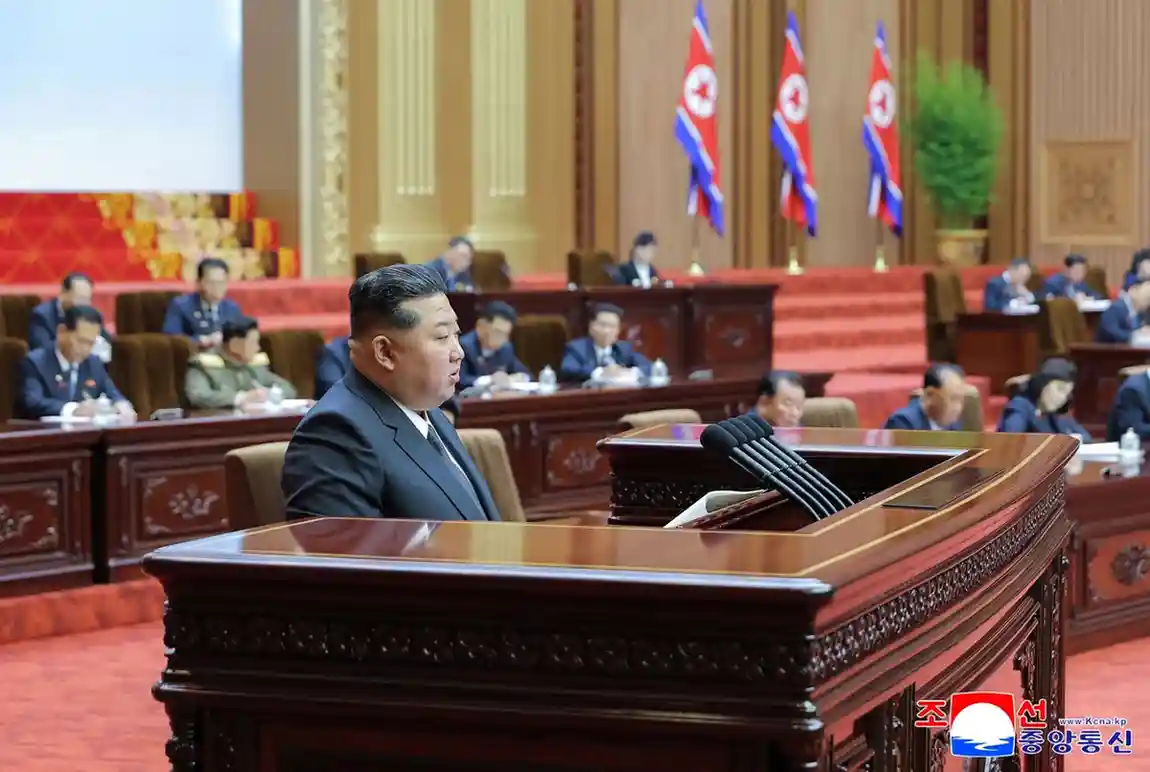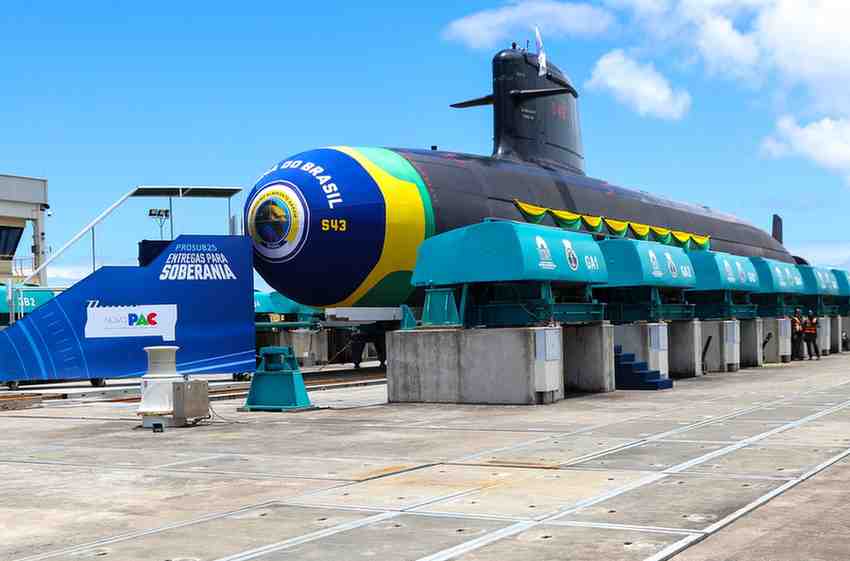North Korean leader Kim Jong Un has expressed willingness to reopen dialogue with the United States, but only if Washington abandons its demand for Pyongyang’s denuclearisation. The remarks, reported by state media, highlight Pyongyang’s intent to redefine the negotiating framework while rejecting what it sees as a threat to its survival.
Kim stated that North Korea seeks talks “based on equality and mutual respect,” but warned that the U.S. insistence on denuclearisation remains the main obstacle to engagement.
Table of Contents
ToggleNuclear Weapons as Essential for Survival
According to Ms. Zara Mansoor, Security and Political Analyst, Pyongyang views nuclear weapons as an existential guarantee:
“It is mainly due to the security threats the DPRK perceives from the U.S.—its military presence in the region, non-proliferation policies, and joint exercises with South Korea. From Pyongyang’s perspective, regime change or invasion is a constant threat. This security dilemma pushes North Korea toward weapons development.”
Can Washington Shift Its Position?
Mansoor noted that the U.S. faces a fundamental policy challenge:
“The whole geopolitics revolves around Washington’s irreversible stance on denuclearisation. For North Korea, dropping its nuclear arsenal is unthinkable. A U.S. departure from this demand would mark a complete shift in its foreign and non-proliferation policy, which it has strictly denied so far. Yet, peacemaking is possible if stringent demands are set aside in favor of mutual respect and tangible benefits.”
Implications for Inter-Korean Relations
Kim also reiterated his rejection of Korean unification, a move that further complicates ties with Seoul. Mansoor explained:
“Kim’s rejection hardens the divide. While South Korea has attempted amicable gestures, Pyongyang’s rigidity and insecurity invite a more complex security situation. Without stronger assurances, hostility will persist.”
Trump Meetings as Historic Precedent
Kim highlighted his past summits with former U.S. President Donald Trump, describing them as historic. Mansoor underlined their symbolism:
“It was unprecedented for a sitting U.S. president to meet with a North Korean leader. Though the summits collapsed in 2019, the symbolism broke decades of taboo, lowered tensions, and demonstrated that dialogue was possible.”
What Next for Washington and Seoul?
Looking ahead, Mansoor urged a recalibration of policy:
“The U.S. and South Korea should avoid policies that threaten DPRK’s survival, like joint military drills and uncompromised sanctions. Negotiations remain possible, but patience, smart strategies, and more carrots than sticks are required—sanctions relief, humanitarian aid, and cultural ties hold the potential to open doors.”
A Crossroads in Diplomacy
Kim’s remarks signal that dialogue with the U.S. is not off the table—but only on terms that directly challenge Washington’s longstanding stance on denuclearisation. For now, the Korean Peninsula remains at a crossroads between renewed diplomacy and entrenched hostility.
- GDI Staffhttps://defensetalks.com/author/umair/
- GDI Staffhttps://defensetalks.com/author/umair/
- GDI Staffhttps://defensetalks.com/author/umair/
- GDI Staffhttps://defensetalks.com/author/umair/












